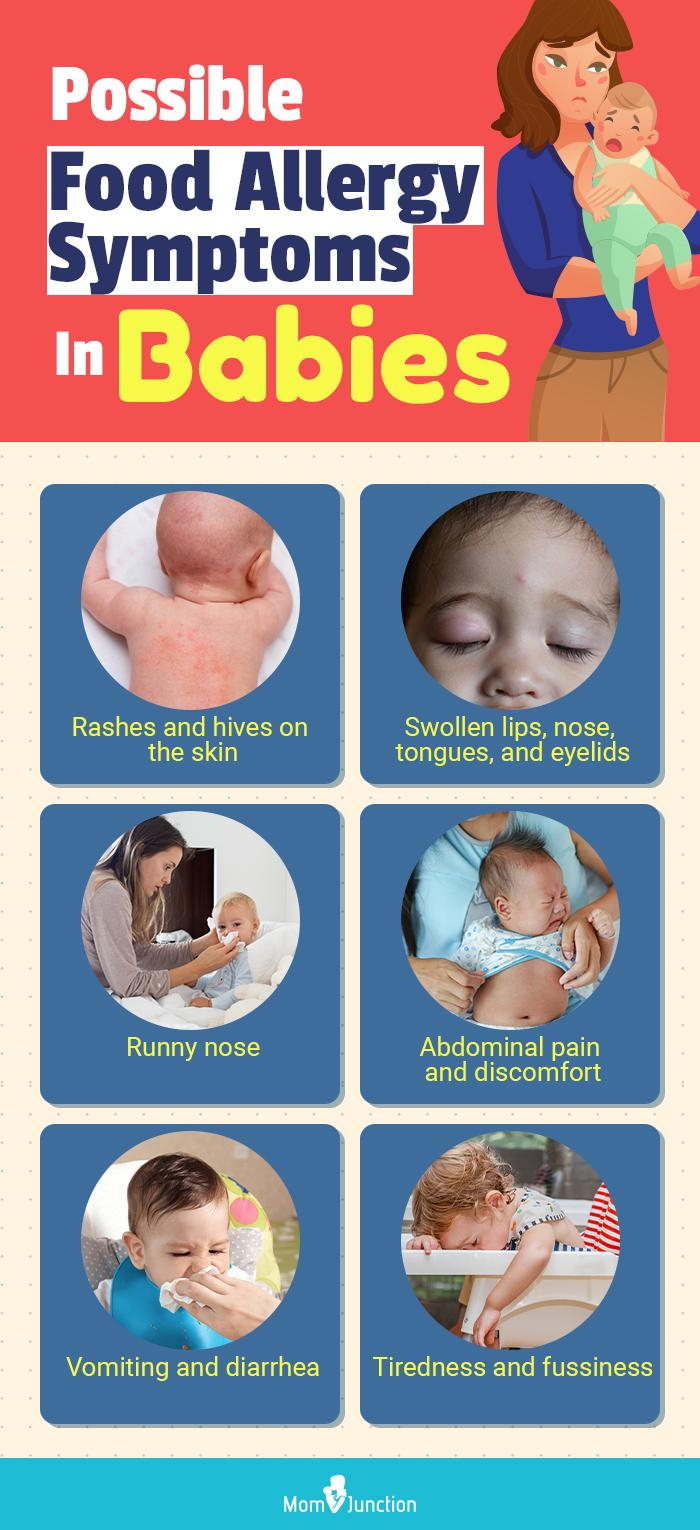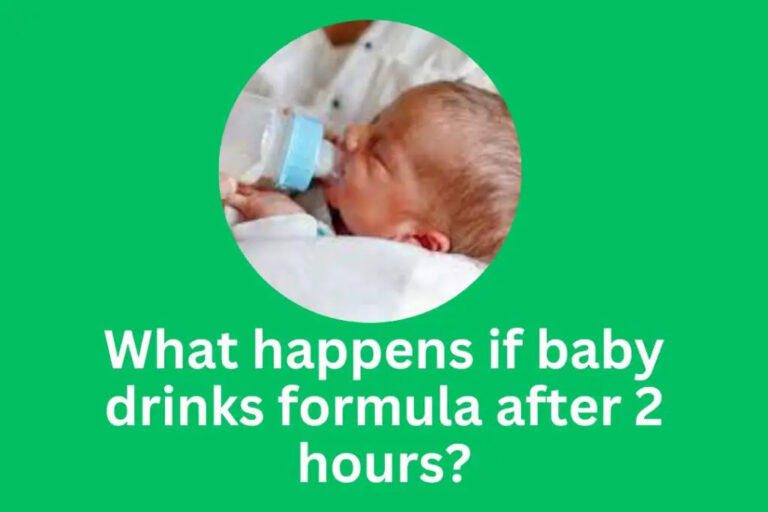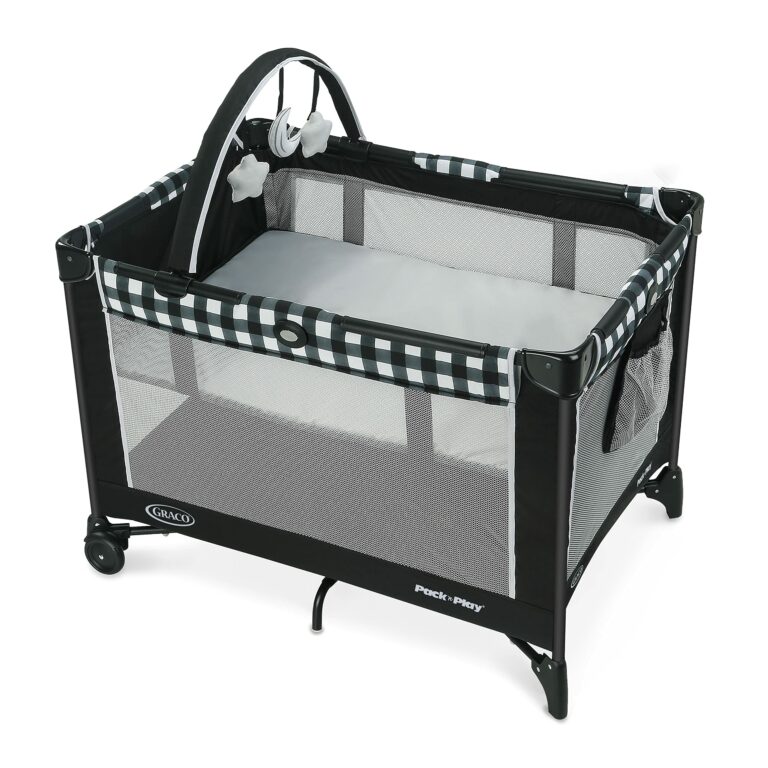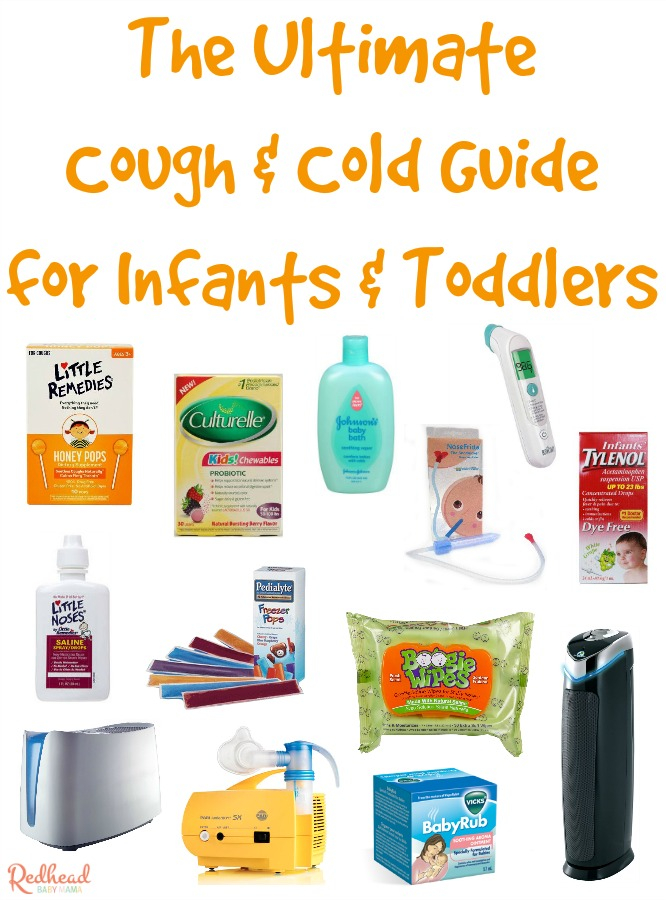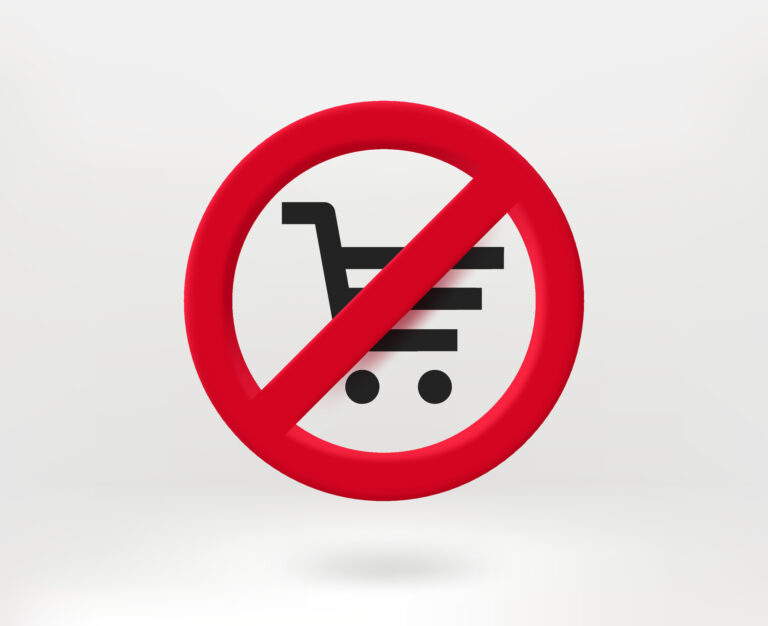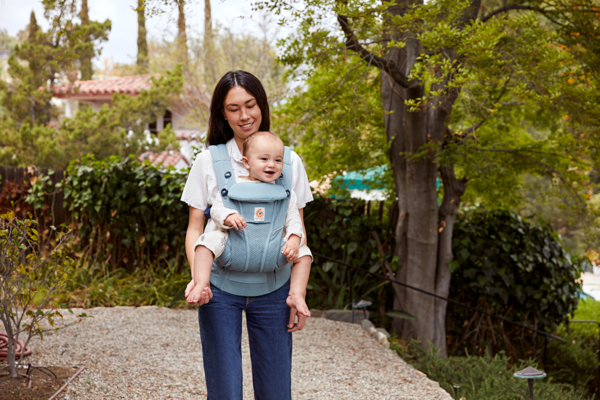What To Do If Baby Has Reaction To Peanut Butter
Are you a parent who has introduced your baby to peanut butter only to find out they are having a reaction? It can be a scary situation, but knowing what to do in this scenario is crucial. This article will cover everything you need to know about dealing with a baby’s reaction to peanut butter.
Knowledge
When a baby has a reaction to peanut butter, it can be due to a peanut allergy. Peanut allergies are one of the most common food allergies in children and can range from mild to severe. Symptoms of a reaction can include hives, swelling, vomiting, diarrhea, and even anaphylaxis.
If your baby is showing signs of a reaction to peanut butter, the first thing you should do is call your pediatrician or seek medical attention immediately. They will be able to assess the severity of the reaction and provide appropriate treatment.
In the meantime, if your baby is having difficulty breathing or swallowing, you should call emergency services right away. It’s important to act quickly in these situations to ensure the safety and well-being of your child.
While waiting for medical help to arrive, you can try to keep your baby calm and comfortable. Avoid giving them any more peanut butter or food containing peanuts, as this can exacerbate the reaction. If your baby is experiencing mild symptoms, such as hives or itching, you can try giving them an antihistamine to help alleviate the discomfort.
After your baby has received medical treatment for their reaction to peanut butter, it’s important to follow up with your pediatrician. They may recommend allergy testing to determine if your baby has a peanut allergy and provide guidance on how to manage it moving forward.
Conclusion
In conclusion, knowing what to do if your baby has a reaction to peanut butter is essential for every parent. By being prepared and acting quickly, you can help ensure the best possible outcome for your child. Remember to always seek medical attention in case of a severe reaction and follow up with your pediatrician for further guidance.
Overall, this article is aimed at parents and caregivers who may find themselves in this situation and need guidance on how to handle it effectively.
It’s important to stay informed about food allergies and reactions in children, as they can have serious consequences if not addressed promptly. By being proactive and knowledgeable, you can help keep your baby safe and healthy.
